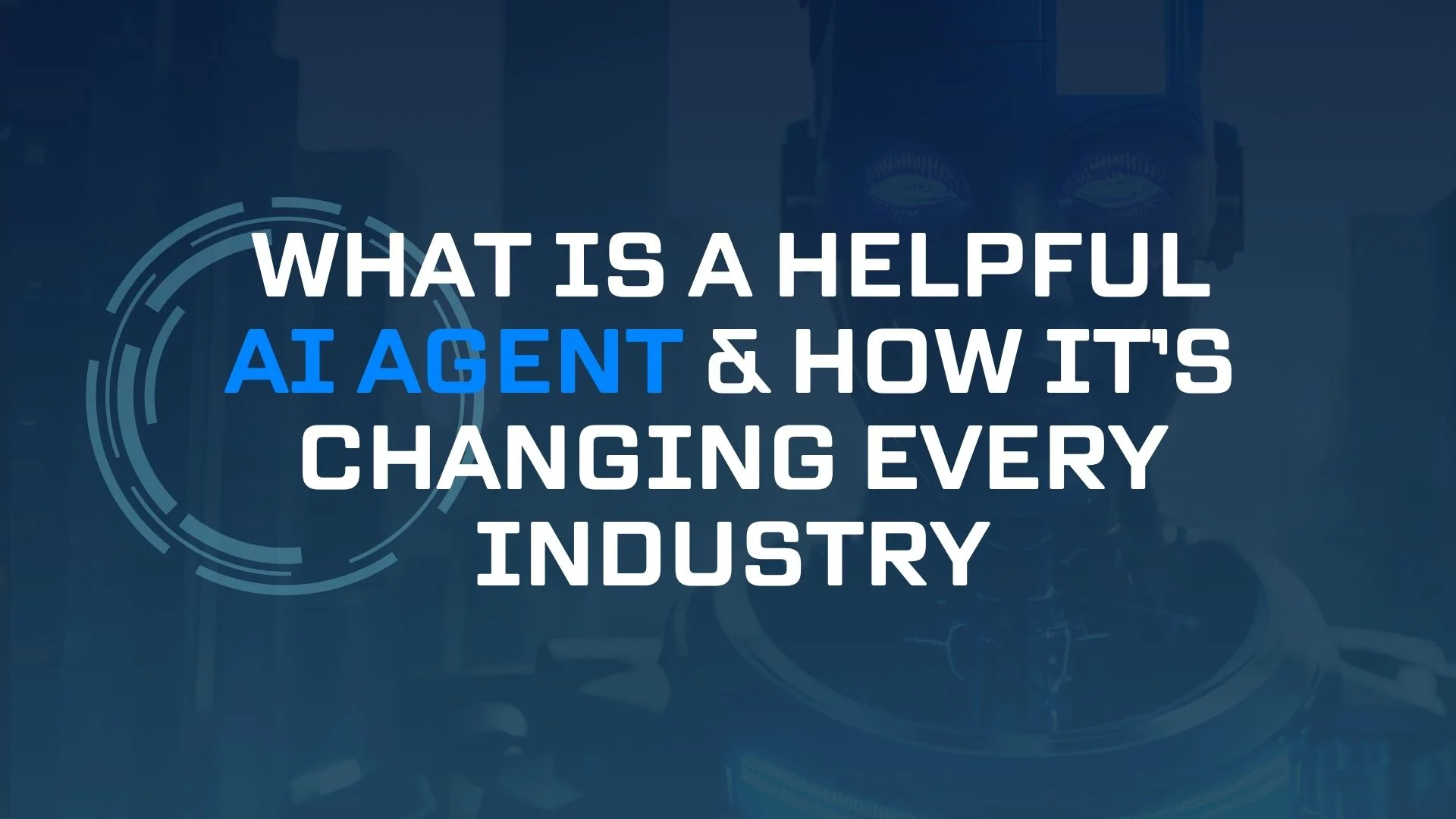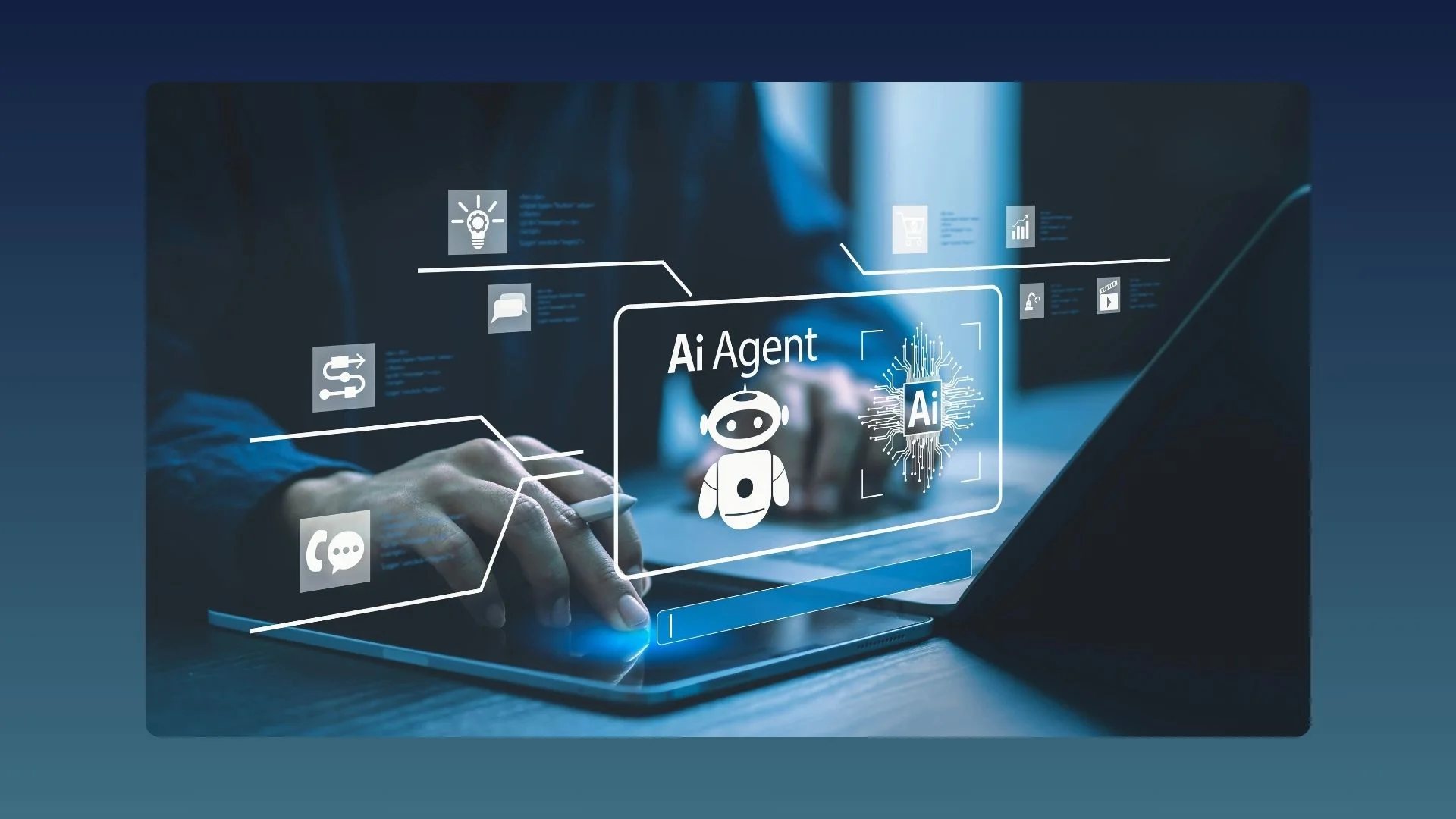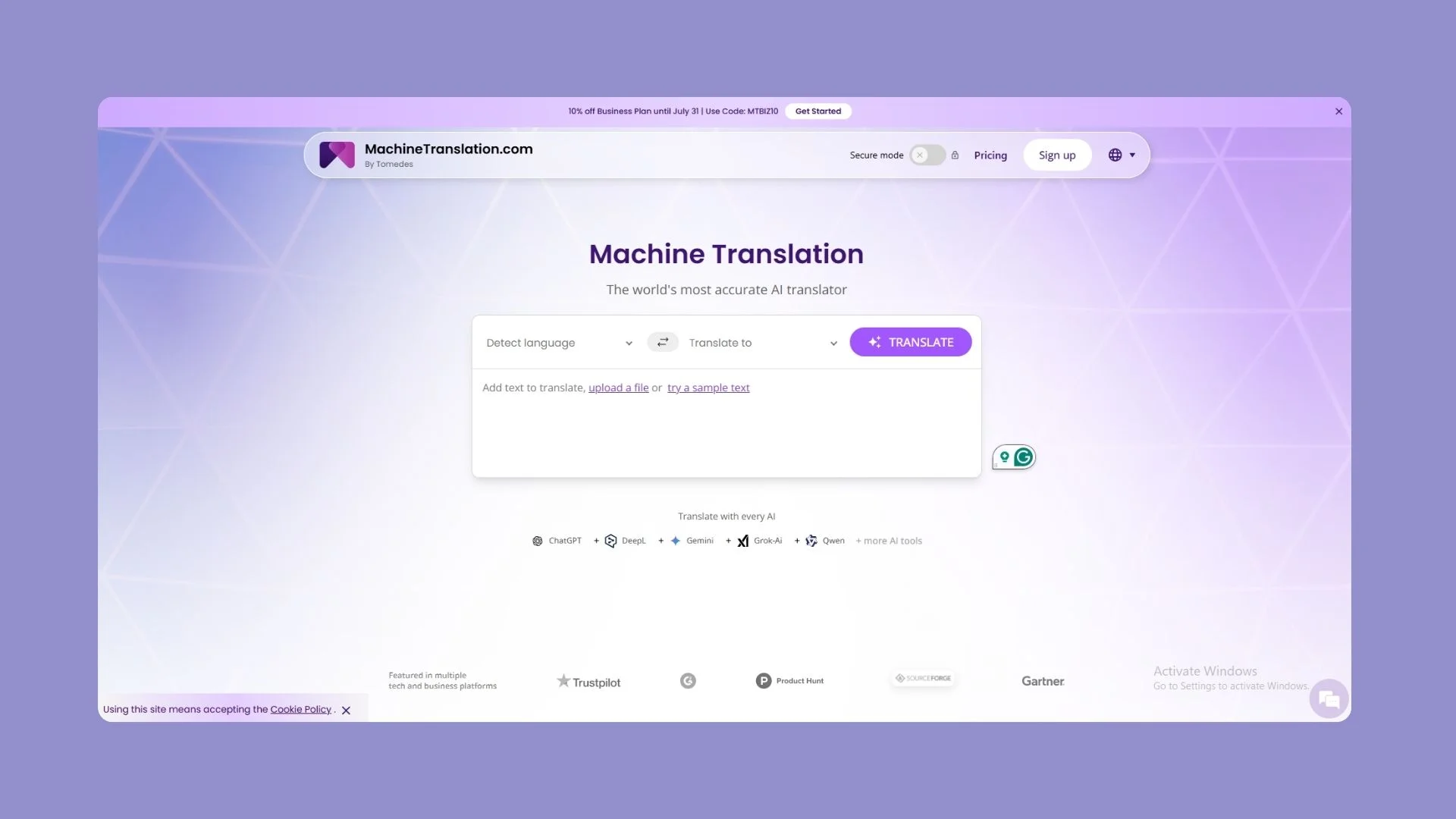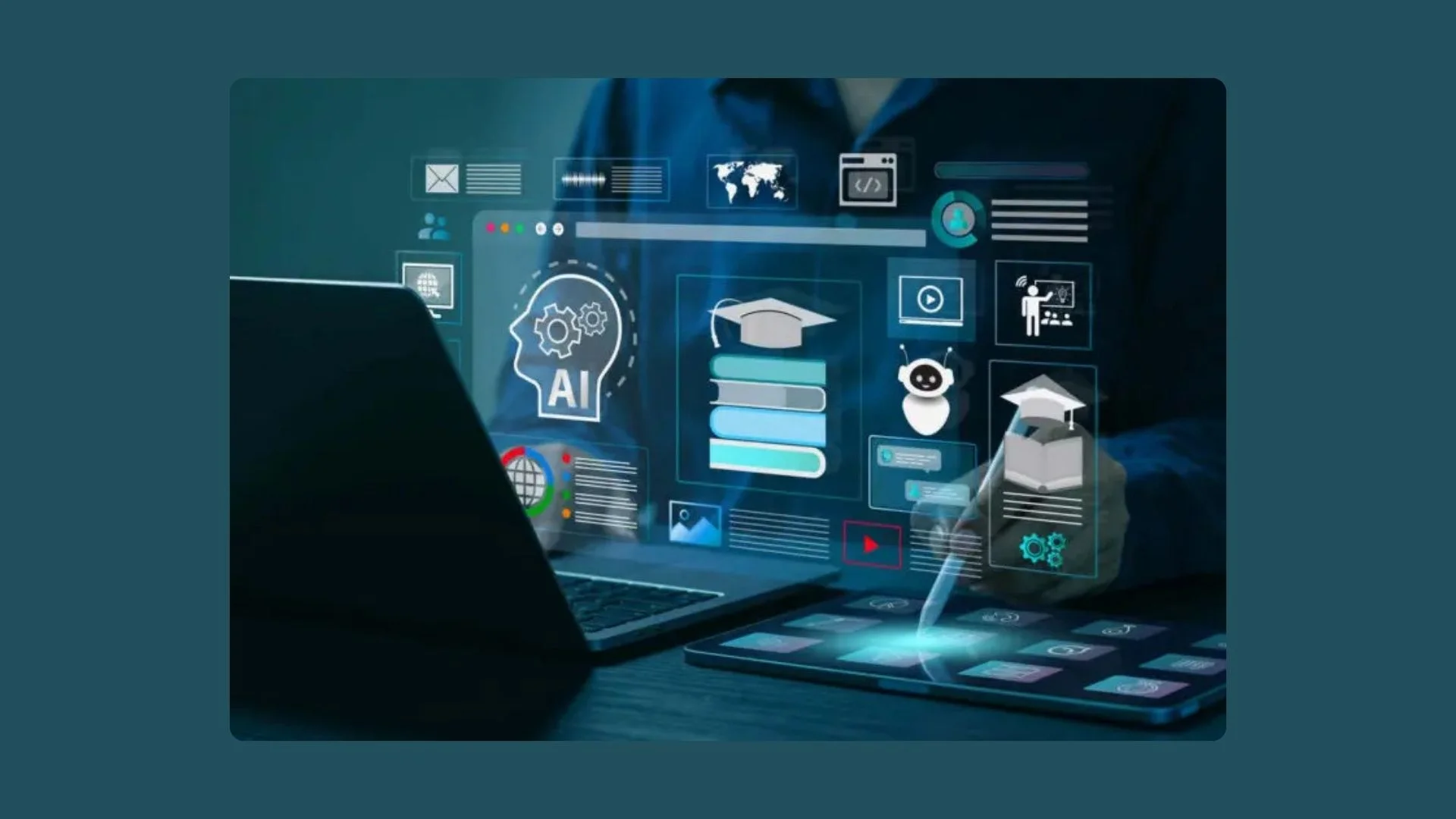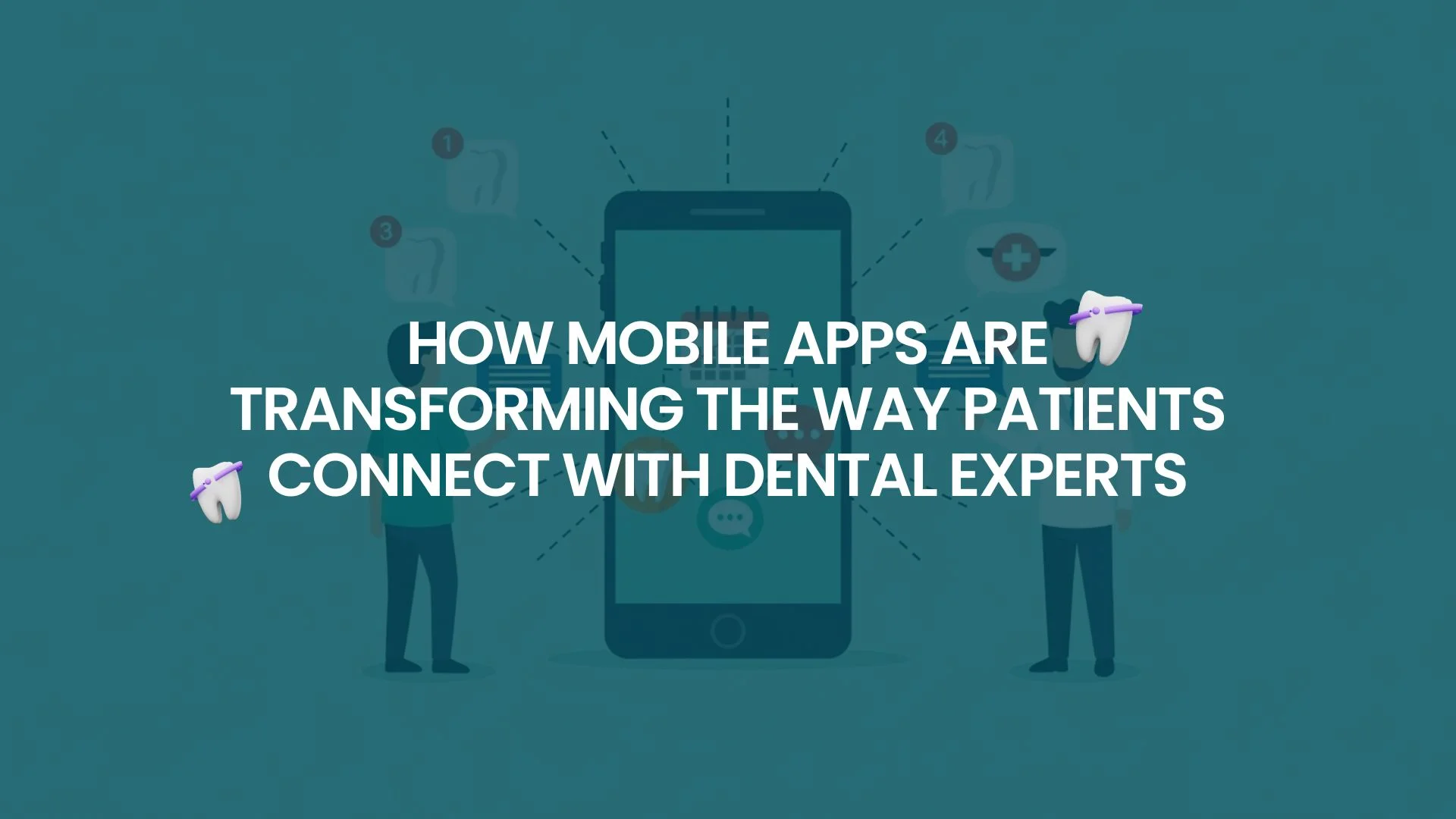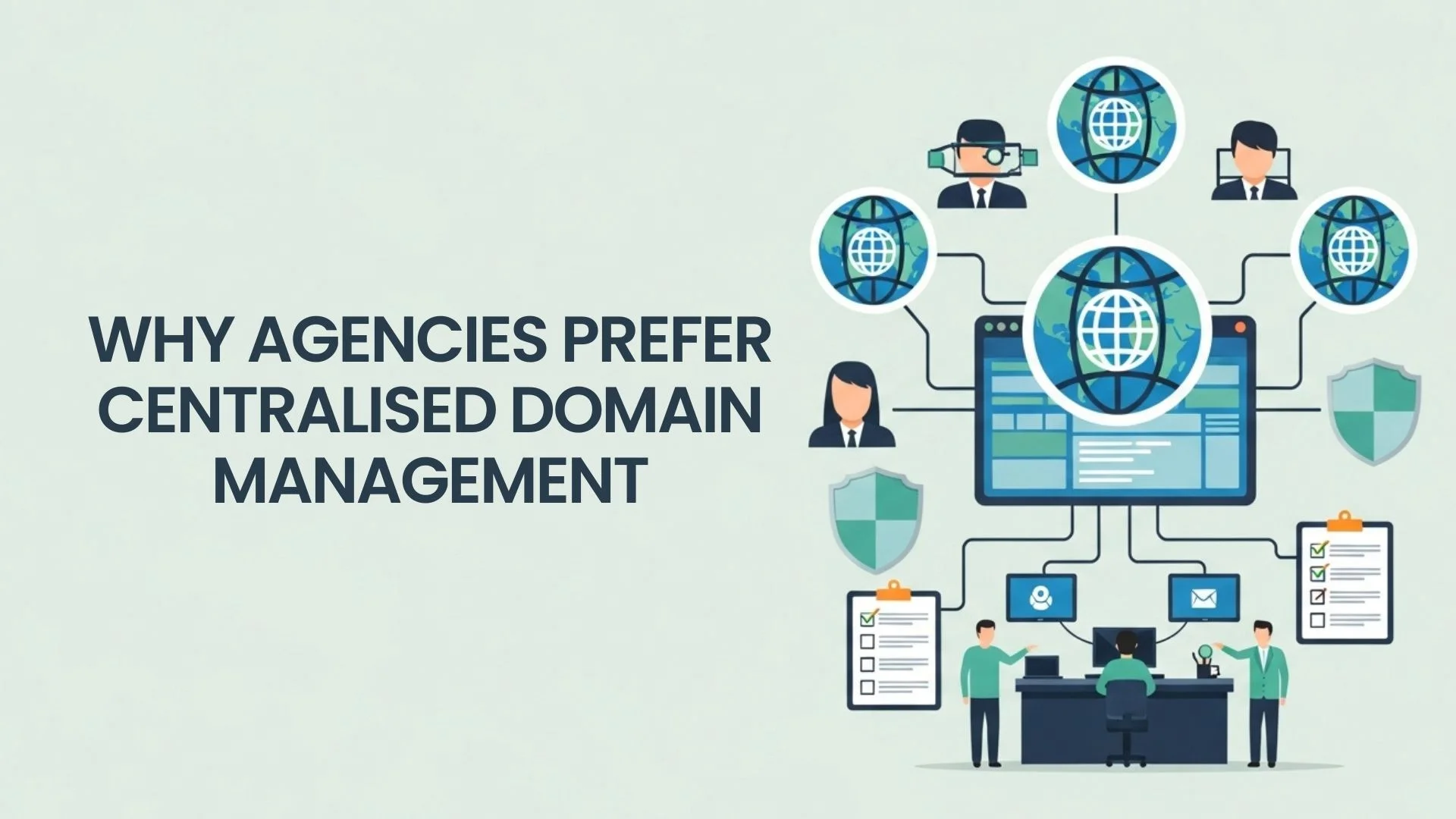Helpful AI agents are not hype. They’re actual, productive machines revolutionizing the way we work in almost every business. Smart systems like these don’t need instructions step by step. They figure out what to do, make quick decisions, and execute.
They respond to customer queries, deal with mundane tasks and assist teams. But this is the key thing: they are made to work collaboratively with people, not to push them out. This team is changing the way shops operate by 2025 already.
So, what exactly is a helpful AI agent, anyway? How is it all going to go down? And why is everybody talking about it all of a sudden? Let’s find out.
What Is an AI Agent?
Imagine a helpful AI agent as an intelligent digital collaborator that is capable of helping and accomplishing anything, not just a simple program, but one that understands your intention, picks things up as it goes, and determines in real-time without supervision.
It is more than automated, but do not think about AI agents as operational automation. think about handing over the process you have given the AI agent; AI agents automate—they will adapt, learn, and respond very quickly, so it is especially helpful when there is lots of activity going on.
It is important to make a distinction between a helpful AI agent and AI models. The AI model will respond to your questions or requests or analyze the data and produce the resulting output. An AI agent does much more. A helpful AI agent may use advanced models for specific tasks—such as GPT for text, with another model for images—but that is only part of the team! The nature of agents is based on foundation-level memory elements, decision-making, and action-taking over time. AI agents do not respond; they act!
Agents will act differently for the same task in different situations. Some agents are rigorously expected to behave as predicted, and others might have some more complexity in how they might accomplish the intended outcome. The most advanced AI agents are acting based on LLMs or LLMs with other models and are making determinations while interacting with users in natural language and are taking action over time—e.g., opening an application, sending a message, or working with other agents to accomplish a task.
In short, AI agents are where AI becomes operational. They are not just using statistics to analyze numbers; they are taking action. They are finding their way into almost all types of jobs and they are quietly reshaping how we work.
How AI Agents Work
AI assistants basically see, think, and respond. They first look at what is happening—like reading words or receiving data from sensors. They then try to comprehend it and figure out what to do.
To get things in order, they can employ a clever AI program, look at past data, or strategize their next action. Then the AI assistant acts. That could be responding to you, looking something up, opening an app, or calling a different AI assistant.
But it does not get done once. The AI assistant notices what is happening, adjusts as needed, and keeps going until the task is complete.
Others utilize tools like email, spreadsheets, or other software. Others collaborate in teams, dividing the tasks and sharing what they discover to accomplish larger tasks.
These computer assistants are not just answering things. They’re working to accomplish some things and learning as they get the work done.
Benefits of AI Agents for Businesses
AI agents are proving to be reliable collaborators, not experimental technology. They understand what must be done, fill gaps, and make adjustments as required. That makes them valuable for routine tasks, particularly for companies that need to get things done without exhausting their employees.
This is how businesses are utilizing them:
- Task automation: Agents can process repetitive emails, maintain records, and respond to simple customer inquiries.
- 24/7 support: They never tire, which means business is always responsive.
- Personalization: They can personalize their response, providing a more engaging customer experience.
- Better decisions: They can quickly scan information and make suggestions based on trends, rather than assumptions.
By controlling busywork, AI agents liberate humans to think, solve problems, and innovate. They enable teams to work faster without burnout.
How AI Agents Are Used Across Different Industries
AI agents are being used across all kinds of industries. You’ll find them in hospitals, law firms, online shops, and even classrooms—helping speed up tasks, reduce errors, and improve efficiency. Their real strength is flexibility. Whether it’s handling routine work, assisting customers, or analyzing data, there’s usually a way to put a helpful AI agent to work.
Healthcare Industry
AI helpers are making things easier for doctors and nurses by taking care of the everyday stuff. That way, medical folks can give patients their full attention. These AI assistants can help sort patients and book appointments by asking simple questions and finding the perfect time. They can remind you to take your meds and keep an eye on how you’re feeling, which helps you stay healthy and out of the hospital. Plus, they can check out medical info to give doctors a hand with diagnoses. It makes for better care, but real people are still in charge.
Translation Industry
AI is changing how we translate stuff by making it quicker, more spot-on, and simpler to handle. They lend a hand in machine translation by tidying up rough translations and backing up editors after the machine has done its thing. With this help, translators don’t have to spend so much time fixing errors and can concentrate on getting the feel and tone just right.
A translation tool with an AI agent uses this workflow to streamline multilingual projects at scale. AI agents also play a key role in managing specialized language, automatically extracting important terms and building glossaries to keep terminology consistent across large projects.
Plus, AI is pretty handy for checking quality. It can go over translations to check grammar, how well it flows, and if it’s consistent. If it finds any problems, it points them out before the client ever sees them. They also help compare translations with the original text, which helps catch mistakes and make sure everything is top-notch. Think of them as a fast and dependable second pair of eyes that never gets tired.
Finance Industry
AI agents help finance teams by improving customer service, catching fraud, and supporting trading. They handle questions, guide users, and resolve issues quickly. In the background, they monitor transactions in real time to detect fraud. For trading, they analyze markets, place trades, and suggest investment actions, speeding up decision-making without replacing human oversight.
eCommerce and Retail Industry
AI agents are changing how online and physical retailers connect with customers and manage operations. One key benefit is personalized product recommendations. These agents analyze browsing behavior, past purchases, and preferences to suggest items that fit each customer’s taste—boosting sales and improving satisfaction.
Behind the scenes, AI agents also help with inventory tracking and fulfillment. They monitor stock levels, predict demand, and even trigger reorders automatically, reducing delays and overstock issues.
For customer engagement, AI-powered chatbots are now common on eCommerce sites. They can answer product questions, handle returns, and offer real-time help—keeping users engaged without needing a live agent every time.
Education Industry
AI isn’t just a fancy gadget sitting in the corner of the classroom anymore. It’s stepping in as a kind of digital sidekick for both students and teachers. Think of it like a tutor who never gets tired—adjusting lessons on the fly based on how each student learns and how quickly they’re picking things up. That kind of personal touch? It keeps students engaged and often helps them actually get the material.
What’s even better? Students don’t have to wait their turn for help. They get immediate feedback, extra practice when they need it, and a sense that someone’s paying attention. Meanwhile, the teacher still runs the show—AI’s just handling the backstage work.
And speaking of backstage, AI takes a ton off teachers’ plates. Grading, organizing files, scheduling—it’s the kind of stuff that piles up fast. No one goes into teaching to spend hours chasing down paperwork. With AI quietly tracking student progress and flagging when someone’s slipping, teachers can jump in early and make a difference. It’s not about replacing anyone. It’s about freeing up time to actually teach and connect.
Manufacturing Industry
AI is more of a behind-the-scenes fixer than a flashy innovation in the manufacturing industry. Inside today’s smart factories, it’s doing the grunt work—keeping machines running smoothly, tightening up workflows, and stepping in before anything breaks down.
But here’s the kicker: AI doesn’t just react. It predicts. It watches the machines in real time and can often tell when something’s about to go sideways. That kind of heads-up? It can save entire operations from costly downtime.
And it doesn’t stop at the machines. AI helps untangle the mess of supply chains too—tracking shipments, balancing stock, keeping logistics tight. It’s not just about moving faster. It’s about moving smarter, cutting down on waste and keeping things flowing without the usual chaos.
Marketing Industry
AI agents are reshaping marketing by making campaigns faster, smarter, and more personalized. One key strength is automated content generation. Agents can write emails, social media posts, and ad copy tailored to different audiences—saving time and keeping messages fresh. They also help with campaign optimization by analyzing performance data and adjusting strategies in real time to improve results.
Beyond content, AI agents play a big role in understanding customer behavior. They track how people interact with websites, emails, and ads to create personalized experiences. By using this data, they help marketers target the right audience at the right moment with the right message, making campaigns more relevant and effective.
Legal Industry
Legal teams are leaning on AI agents to handle the heavy lifting when it comes to digging through documents. Instead of reading every word in a dense contract, they can now get quick summaries and surface key terms or red flags instantly. This not only saves time but also helps lawyers spot potential issues early.
These agents do more than just summarize, though. They organize case law, comb through internal databases, and even help with legal research. And when it comes to litigation prep, they can sift through mountains of data to uncover patterns or build useful precedents. That means less time buried in paperwork and more time focusing on legal strategy.
HR and Recruitment Industry
Hiring teams are getting a serious boost from AI agents. Picture this: resumes come in, and the system instantly ranks candidates based on how well they match the role. No more hours lost to manual screening.
Once a new hire is in the door, the AI keeps going. It sends welcome emails, sets up accounts, and kicks off training—all without HR lifting a finger. Plus, it acts like a smart internal helpdesk. Got a question about vacation days or benefits? The AI has it covered.
But here is the real win: with those everyday tasks off their plate, HR teams can finally focus on the people part of the job—the conversations, the strategy, and the human stuff.
AI and Human Collaboration: A Smarter Way Forward
AI agents aren’t just tools—they’re becoming teammates. What started as automation has grown into intelligent partnership, where AI helps humans work smarter, not harder. Instead of replacing people, these systems support them by handling repetitive tasks, offering insights, and learning from feedback.
Across industries, AI agents now act as specialized co-pilots. Whether it’s a legal assistant scanning contracts or a translation tool checking terminology, these agents improve speed and accuracy without taking over. For this partnership to work, trust and transparency are essential. People need to understand what the AI is doing and why. That’s where ethics come in—ensuring AI agents are designed responsibly, used fairly, and always guided by human oversight.
Why AI Agents Matter for the Future of Work
AI agents are changing how work gets done—not by replacing humans, but by working with them. They help businesses move faster, serve customers better, and make smarter decisions across every industry. Whether it’s automating a small task or supporting complex projects, AI agents are becoming trusted partners in daily workflows.
As we move forward, the most successful teams won’t be the ones with the most automation, but the ones that know how to collaborate with AI. By combining human judgment with AI-driven insights, we can build a future where work is more efficient, more creative, and more human.
nandbox App Builder
The nandbox App Builder, a no-code platform that helps organizations build and maintain sophisticated, feature-rich mobile apps without writing a single line of code, works perfectly with the rise of AI agents. With nandbox, businesses can add AI-powered features to their apps, such as smart chatbots, personalized notifications, and automated processes. This makes the customer experience better and makes operations run more smoothly. A helpful AI agent works together digitally in many different fields. nandbox makes it easy and cheap for businesses to add these agents to their mobile ecosystems. nandbox gives you the tools you need to make apps that don’t just work but also think and act. This makes digital solutions that are smarter and more responsive. These apps can be used for customer service, eCommerce, education, or coordinating your own team.
